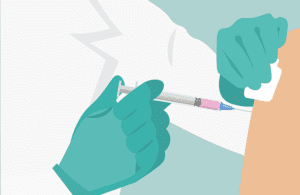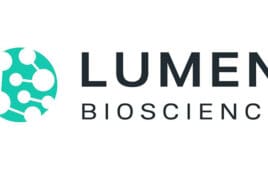
Image courtesy of Pixabay
A large retrospective study found that a recombinant adjuvanted zoster vaccine was associated with a 32% reduced risk of COVID-19-associated hospitalization. The study, published in The Journal of Infectious Diseases, also found that individuals who received at least one dose of the Shingrix vaccine were 16% less likely to be diagnosed with COVID-19 during the trial period. The study authors concluded that the Shingrix vaccine offered a durable reduction in COVID-19 risk.
The study was conducted by GSK (NYSE:GSK) and Kaiser Permanente Southern California (KPSC). Recruiting individuals at least 50 from 1 March 2020 to 31 December 2020, the study followed 149,244 Shingrix zoster vaccine recipients and 298,488 unvaccinated individuals.
The study authors concede that the analysis had limitations related to variable health status and adherence to COVID-19 protocols such as mask-wearing, social distancing and other protective measures.
Other studies support the hypothesis that some vaccines may boost immunity broadly, priming it to battle other pathogens. For instance, in the 1960s and 1970s, researchers in the Soviet Union found that the oral polio vaccine appeared to reduce mortality from the flu, as The New York Times reported.
Earlier studies have also found that vaccines for flu, measles and Bacillus Calmette-Guérin (BCG) also seem to ramp up the immune system, improving protection against heterologous infections.
That said, COVID-19 vaccines continue to play a vital role in reducing the risk of severe disease.
Filed Under: Infectious Disease





Tell Us What You Think!
You must be logged in to post a comment.